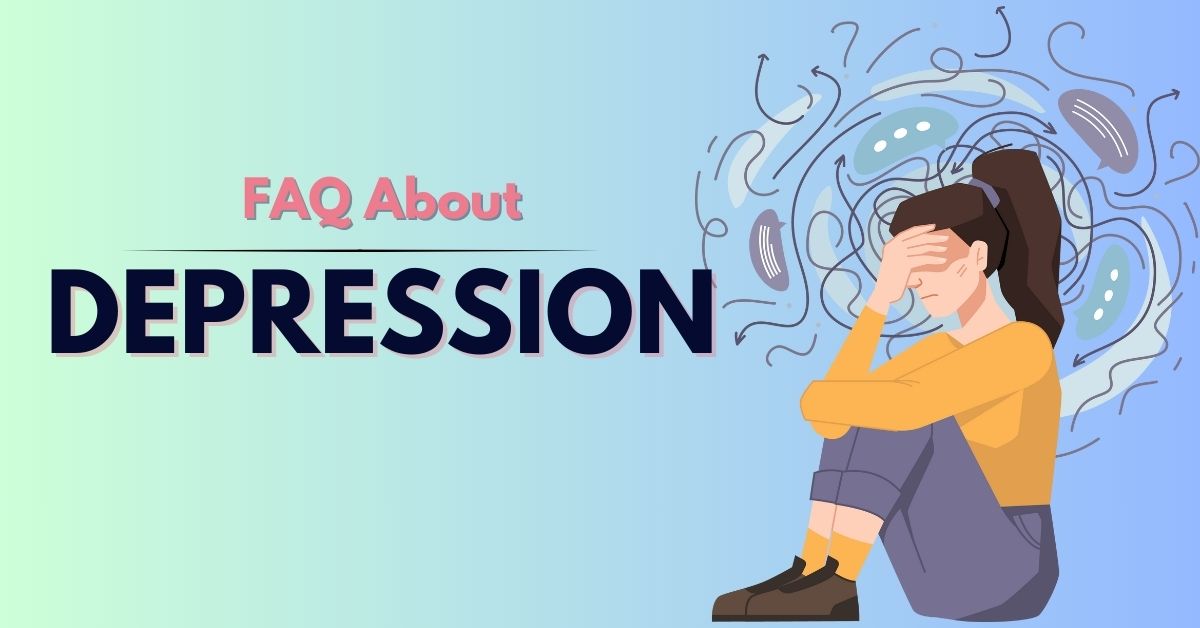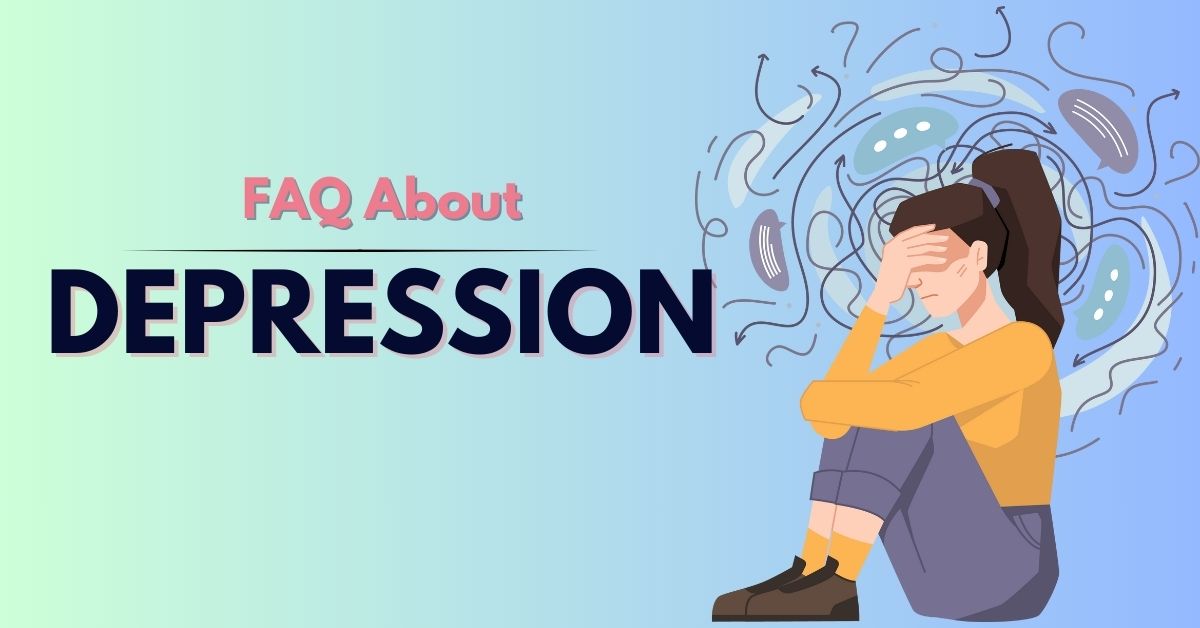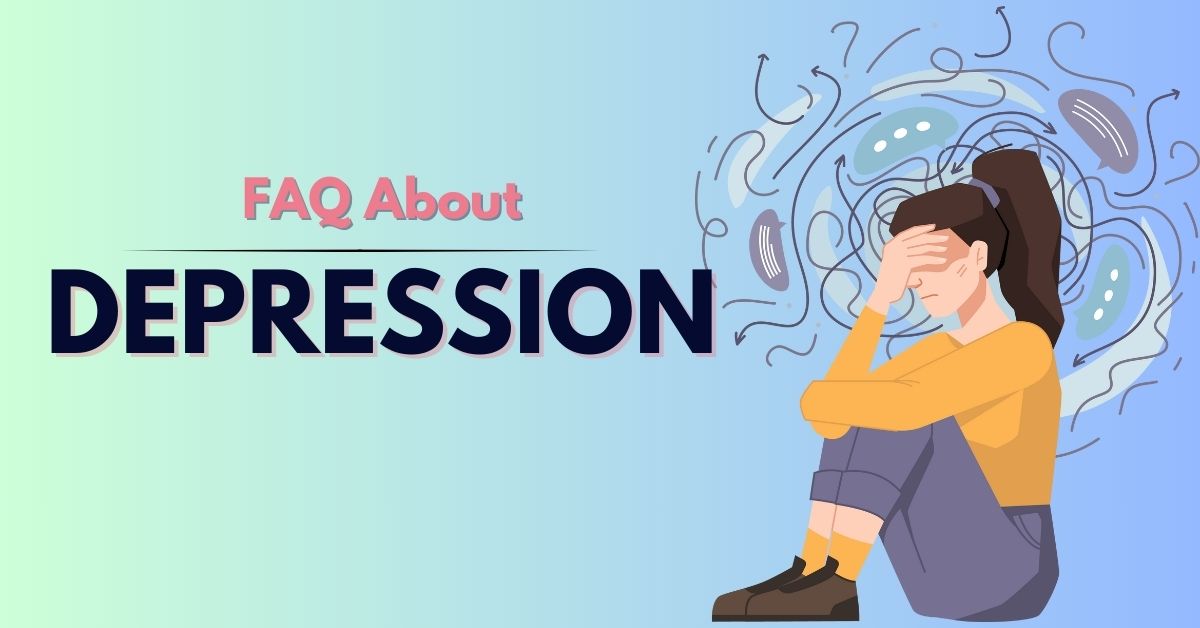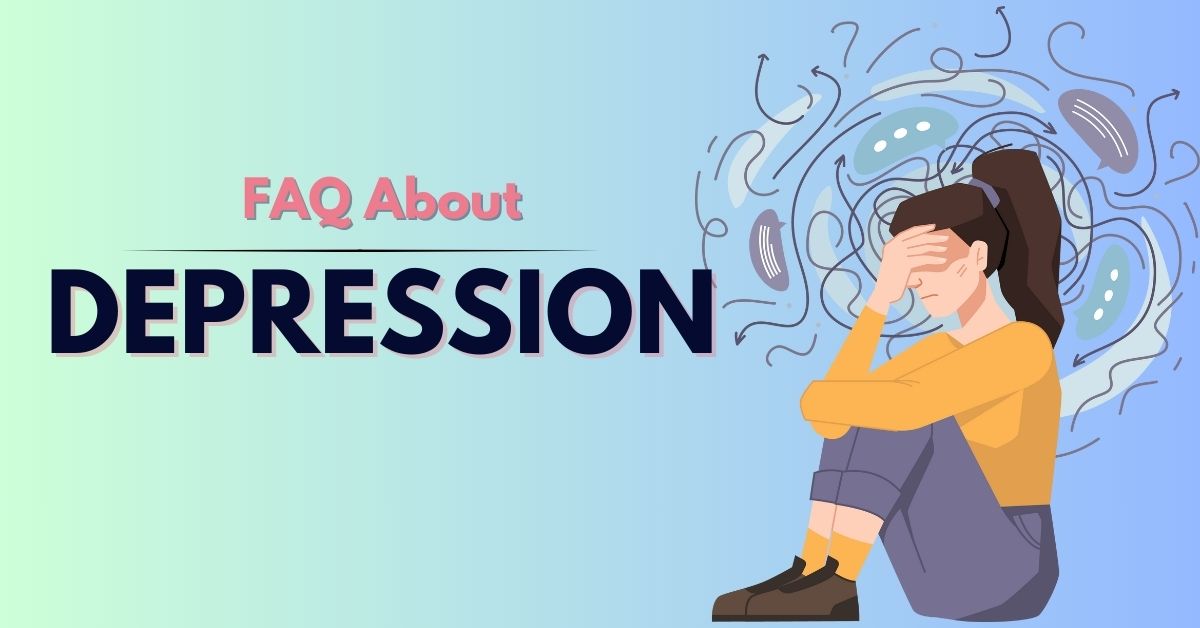Have you ever found yourself struggling to recall a conversation or misplaced your car keys, only to wonder, “Is it just me, or could this be something deeper?” For many, memory issues can be linked to mental health challenges like depression. Depression, a condition often associated with sadness or a lack of energy, can also have surprising effects on cognitive functions, including memory. But how does this happen? Let’s explore the connection together.
What is Depression?
Depression is more than just feeling sad or having a rough day. It’s a medical condition that affects how you think, feel, and act. Symptoms can range from persistent sadness and fatigue to difficulty concentrating and a loss of interest in activities you once enjoyed.
How Does Depression Affect the Brain?
Depression doesn’t just weigh on your emotions—it physically impacts the brain. Research shows that depression can shrink parts of the brain like the hippocampus, which is responsible for memory and learning. Imagine your brain as a bustling library; depression can feel like someone’s misplacing books and turning off the lights.
Types of Memory Affected by Depression
Depression doesn’t discriminate when it comes to memory. Both explicit memory (facts and events) and working memory (short-term, task-oriented memory) can be affected. Ever forgotten what you walked into a room for? Depression might be to blame.
Short-Term vs Long-Term Memory
Short-Term Memory: Depression often disrupts short-term memory, making it hard to recall recent events or tasks.
Long-Term Memory: While less common, depression can sometimes make retrieving long-term memories feel like searching for a needle in a haystack.
Why Depression Causes Memory Loss
Depression disrupts the brain’s normal functioning. Chemicals like serotonin and dopamine, which regulate mood and cognition, often drop during depressive episodes. Without these, the brain struggles to form and retrieve memories effectively.
The Role of Stress Hormones
Stress hormones, particularly cortisol, are often elevated in people with depression. While cortisol is helpful in small doses, chronic overexposure can damage the hippocampus, impairing memory and focus.
Signs of Memory Loss Due to Depression
- Forgetting recent conversations or events.
- Struggling to focus or make decisions.
- Feeling mentally “foggy” or disorganized.
- Difficulty recalling specific details.
Depression or Dementia?
It’s easy to confuse depression-related memory loss with dementia, especially in older adults. However, memory issues caused by depression are usually reversible with treatment, while dementia often progresses over time.
How to Cope with Memory Issues
Living with memory problems can feel overwhelming, but small steps can make a big difference. Use reminders, keep a daily planner, and break tasks into manageable chunks. Most importantly, be patient with yourself.
Therapies for Depression and Memory Recovery
- Cognitive Behavioral Therapy (CBT): Helps reframe negative thought patterns.
- Medication: Antidepressants can balance brain chemicals and improve memory over time.
- Neurofeedback: A cutting-edge therapy that trains the brain to function more effectively.
Lifestyle Changes to Improve Memory
- Exercise Regularly: Physical activity boosts blood flow to the brain.
- Eat Brain-Healthy Foods: Focus on omega-3 fatty acids, leafy greens, and berries.
- Get Enough Sleep: Sleep is essential for memory consolidation.
The Importance of Social Support
Connecting with others can improve both mood and memory. Whether it’s talking to a friend or joining a support group, social interactions keep your brain engaged and stimulated.
When to Seek Professional Help
If memory issues persist or worsen, it’s time to consult a healthcare provider. They can determine whether depression or another condition is at play and recommend treatment.
Prevention Tips
- Practice mindfulness and stress management.
- Maintain a healthy work-life balance.
- Stay mentally active with puzzles or reading.
Conclusion
Depression can affect more than just your mood—it can cloud your mind and disrupt your memory. However, with the right tools, treatments, and support, you can regain control and clarity. Remember, it’s okay to seek help. You’re not alone on this journey.
Also Read: Why Is Depression More Common in Females?
FAQs
Q: Can depression permanently damage memory?
A: No, memory issues caused by depression are usually reversible with proper treatment and care.
Q: Is memory loss a common symptom of depression?
A: Yes, many people with depression experience memory problems, especially with short-term recall.
Q: How can I tell if my memory loss is due to depression or dementia?
A: Memory loss from depression improves with treatment, while dementia-related issues often progress.
Q: Can therapy improve memory affected by depression?
A: Yes, therapies like CBT and neurofeedback can help restore cognitive functions, including memory.
Q: Are there medications that can help with depression-related memory loss?
A: Antidepressants can regulate brain chemicals and improve both mood and memory over time.



